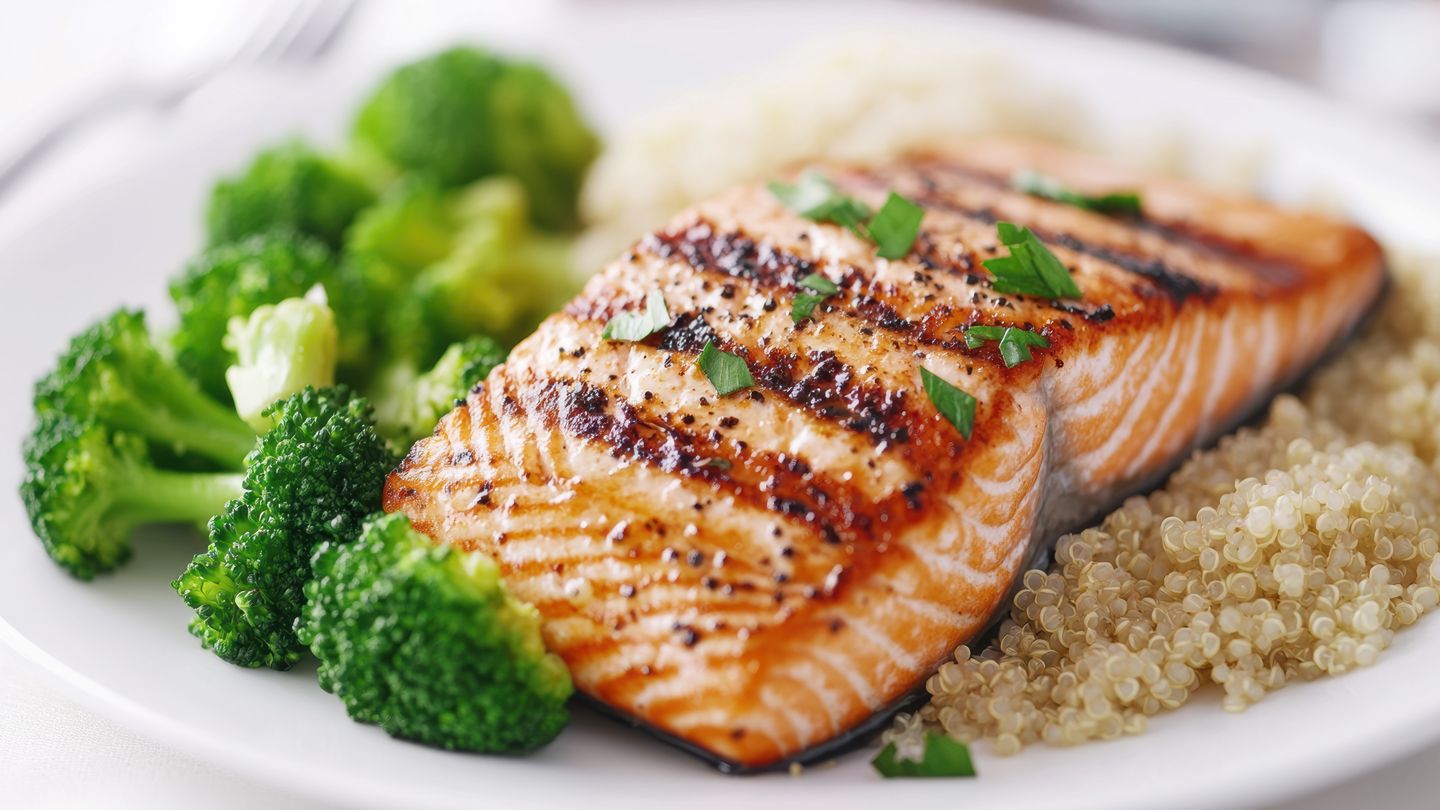It’s understandable to want a solution for symptoms, especially if you’re not thrilled with the idea of long-term use of antihistamine medications. “But there’s just not a lot of data on a low-histamine diet helping out with hives,” Nanda stresses.
Before overhauling your diet, it’s best to talk to a healthcare provider — ideally, a board-certified allergy and immunology specialist — about other possible causes of symptoms, he adds. A primary care physician, registered dietitian, or other trusted healthcare provider may be able to help, too. “Self-treating when you don’t know what’s going on can be dangerous,” says Anderson-Haynes.
An allergist will likely be best suited to review available medications for CSU, discuss any concerns you have about them, and answer any questions specific to the symptoms you experience as well as your diet, says Nanda.
It may not seem like there’s much risk in cutting back on eggs and tomatoes, for example, but over time, sticking to a low-histamine diet and cutting out broad categories of foods may cause you to miss out on crucial nutrients. “You may even get malnourished if you’re not balancing it correctly,” says Anderson-Haynes.
“I don’t think this is a diet you should live on forever,” she adds. Ideally, “We want to find out the reason why you’re having these reactions.”
A better idea: Write down in a food journal what you’re eating, how your body reacts, and whether the hives change when you cut out certain high-histamine foods, says Anderson-Haynes. This can help you and your healthcare providers notice patterns and possibly find out what’s triggering the hives.
Read the full article here




